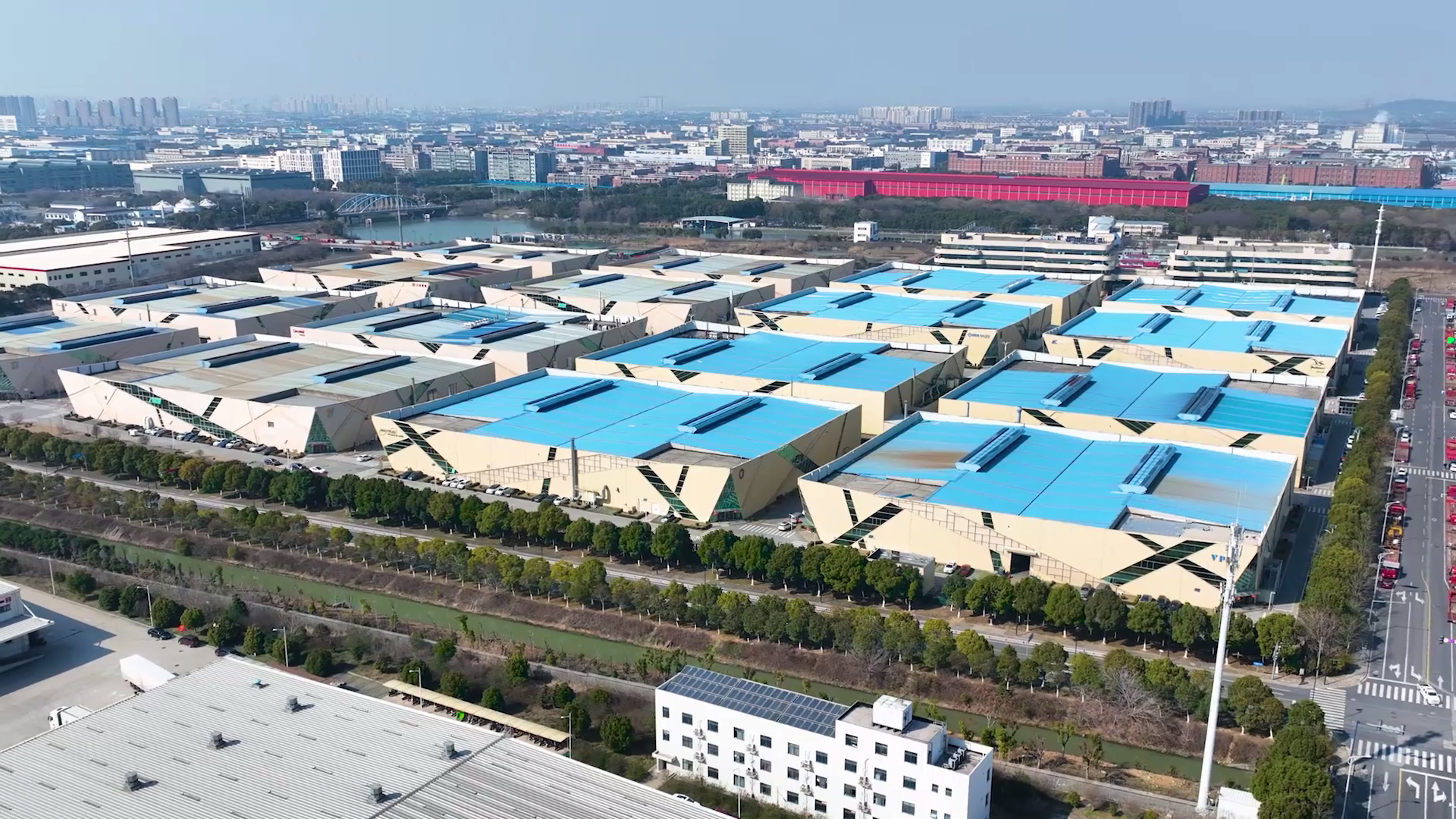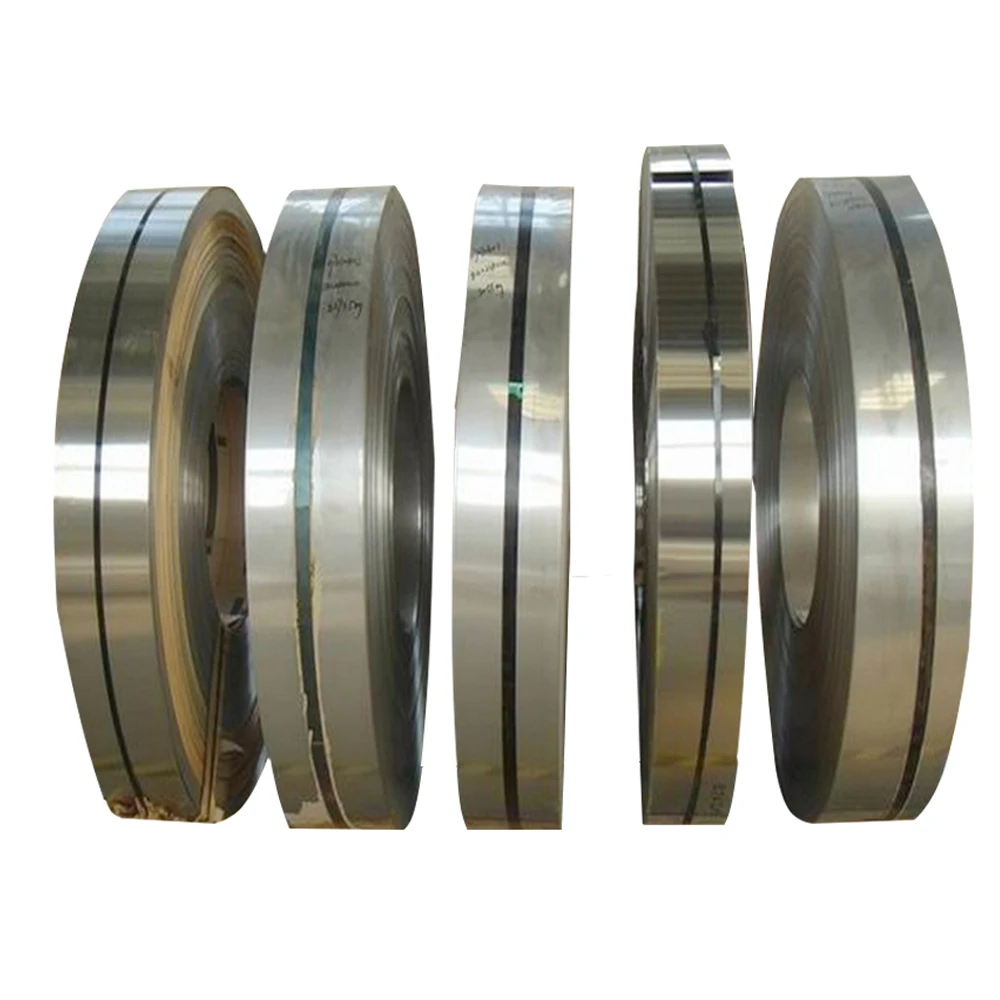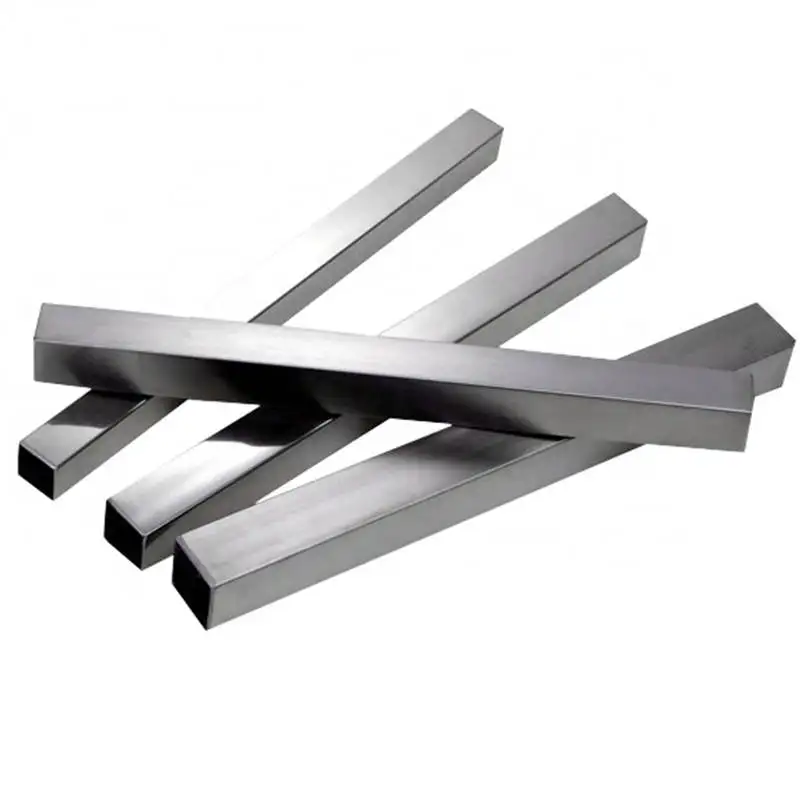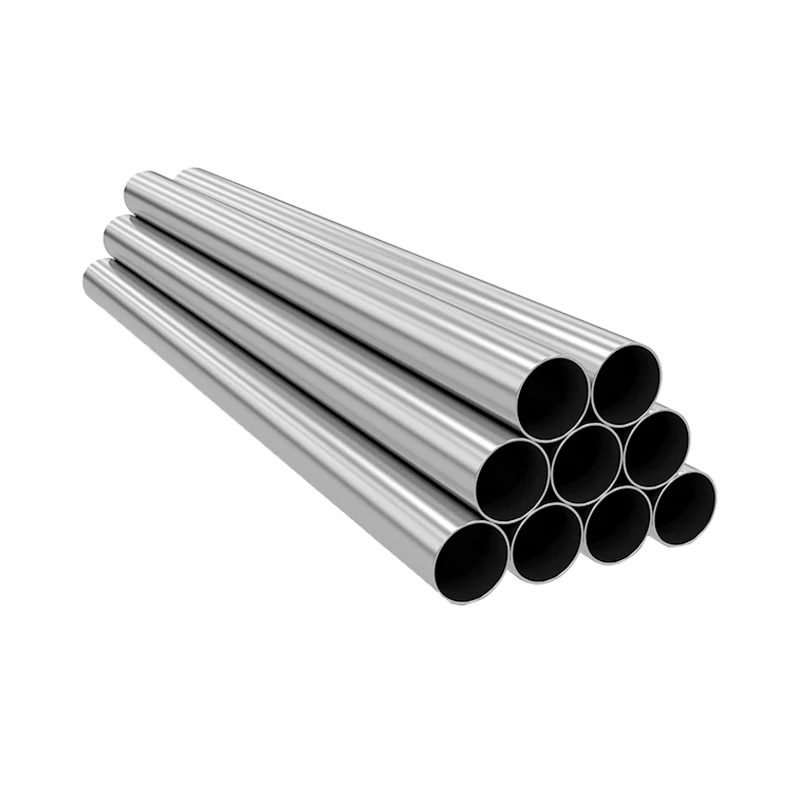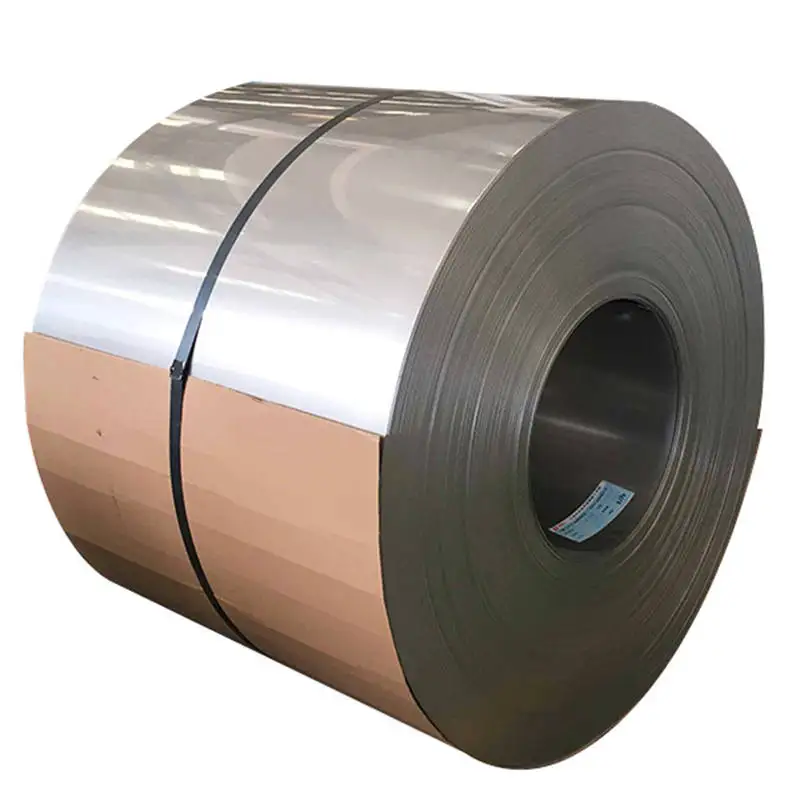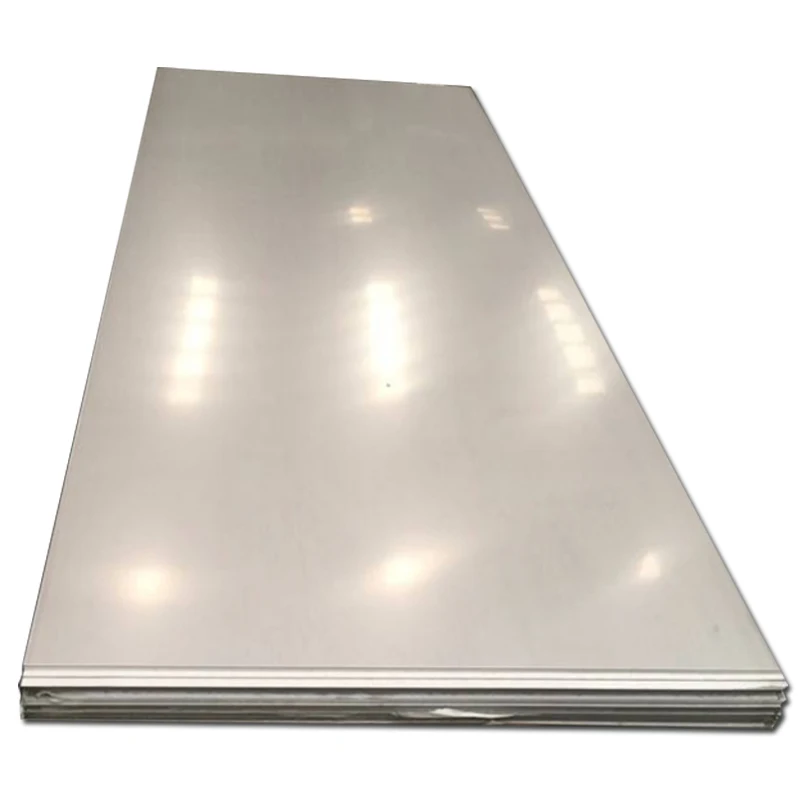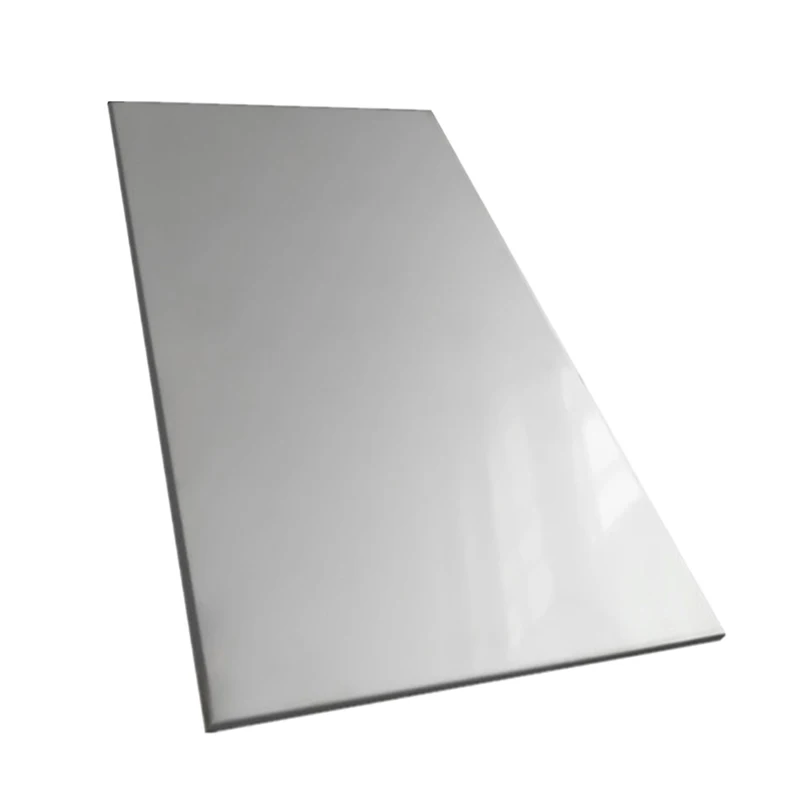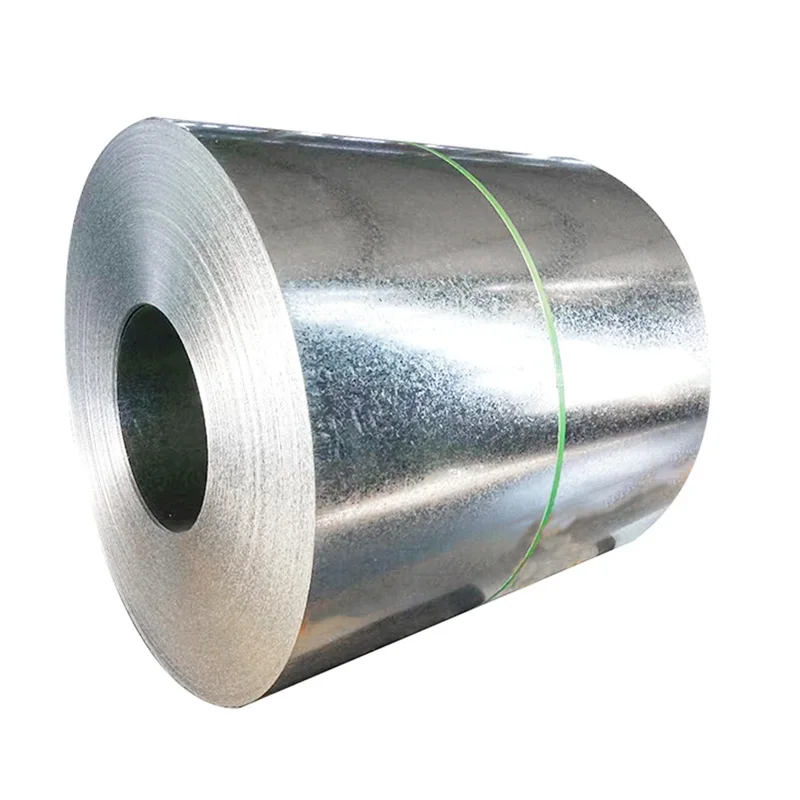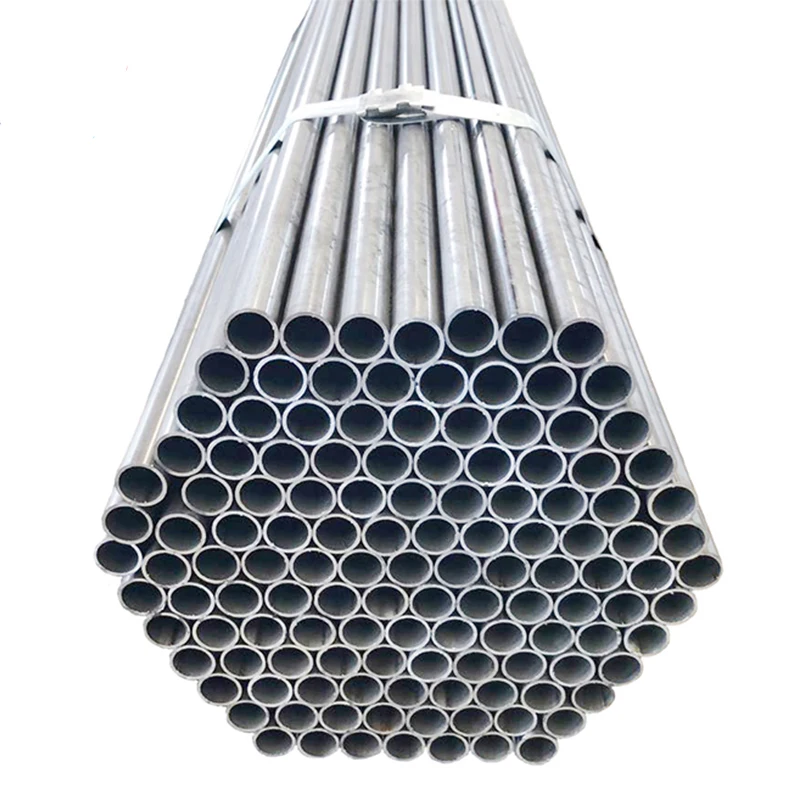Introduction to Stainless Steel Sheet
Stainless steel sheet is generally the general term for stainless steel sheet and acid resistant steel plate. At the beginning of this century, the development of stainless steel sheet laid an important material and technological foundation for the development of modern industry and technological progress. There are many types of stainless steel sheet with different properties, and they have gradually formed several major categories in the development process. According to organizational structure, it can be divided into four categories: austenitic stainless steel sheet, martensitic stainless steel sheet (including precipitation hardening stainless steel sheet), ferrite stainless steel sheet, and austenitic plus ferrite dual phase stainless steel sheet? Classified according to the main chemical composition or some characteristic elements in the steel plate, it can be divided into chromium stainless steel sheet, chromium nickel stainless steel sheet, chromium nickel molybdenum stainless steel sheet, low-carbon stainless steel sheet, high molybdenum stainless steel sheet, high purity stainless steel sheet, etc. According to the performance characteristics and usage of steel plates, they are classified into nitric acid resistant stainless steel sheet, sulfuric acid resistant stainless steel sheet, pitting resistant stainless steel sheet, stress corrosion resistant stainless steel sheet, high-strength stainless steel sheet, etc. According to the functional characteristics of steel plates, they are classified into low-temperature stainless steel sheet, non-magnetic stainless steel sheet, easy cutting stainless steel sheet, superplastic stainless steel sheet, etc. The commonly used classification method is based on the organizational structure characteristics and chemical composition characteristics of steel plates, as well as a combination of the two methods. Generally divided into martensitic stainless steel sheet, ferrite stainless steel sheet, austenitic stainless steel sheet, duplex stainless steel sheet, and precipitation hardening stainless steel sheet, or divided into chromium stainless steel sheet and nickel stainless steel sheet. Typical uses include pulp and paper equipment, heat exchangers, mechanical equipment, dyeing equipment, film processing equipment, pipelines, and external materials for buildings in coastal areas.
According to the production method, there are two types: hot rolled and cold rolled, including thin cold rolled plates with a thickness of 0.5.10-885 millimeters and 72938 millimeters, and medium thick plates with a thickness of 4.5-100 millimeters.
It is required to withstand the corrosion of various acids such as oxalic acid, sulfuric acid iron sulfate, nitric acid, nitric acid hydrofluoric acid, sulfuric acid copper sulfate, phosphoric acid, formic acid, acetic acid, etc. It is widely used in industries such as chemical, food, medicine, papermaking, petroleum, atomic energy, as well as various components of buildings, kitchenware, tableware, vehicles, and household appliances.
In order to ensure that the mechanical properties such as yield strength, tensile strength, elongation, and hardness of various types of stainless steel sheet meet the requirements, the steel plates must undergo heat treatment such as annealing, solution treatment, and aging treatment before delivery, with the special symbol 05.10 88.57.29.38.
The corrosion resistance of stainless steel mainly depends on its alloy composition (chromium, nickel, titanium, silicon, aluminum, manganese, etc.) and internal microstructure.
According to the production method, there are two types: hot-rolled and cold-rolled. According to the structural characteristics of the steel grade, they are divided into five categories: austenite ferrite, ferrite, martensite, and precipitation hardening.
stainless steel sheet have a smooth surface, high plasticity, toughness, and mechanical strength, and are resistant to corrosion by acid, alkaline gases, solutions, and other media. It is an alloy steel that is not easy to rust, but it is not absolutely rust free.

 EN
EN
 AR
AR
 FR
FR
 DE
DE
 EL
EL
 HI
HI
 IT
IT
 JA
JA
 KO
KO
 NO
NO
 PL
PL
 PT
PT
 RO
RO
 RU
RU
 ES
ES
 SV
SV
 IW
IW
 ID
ID
 LT
LT
 SR
SR
 SL
SL
 UK
UK
 VI
VI
 HU
HU
 TH
TH
 TR
TR
 FA
FA
 AF
AF
 MK
MK
 AZ
AZ
 KA
KA
 UR
UR
 BN
BN
 GU
GU
 HA
HA
 JW
JW
 MI
MI
 TA
TA
 TE
TE
 UZ
UZ
